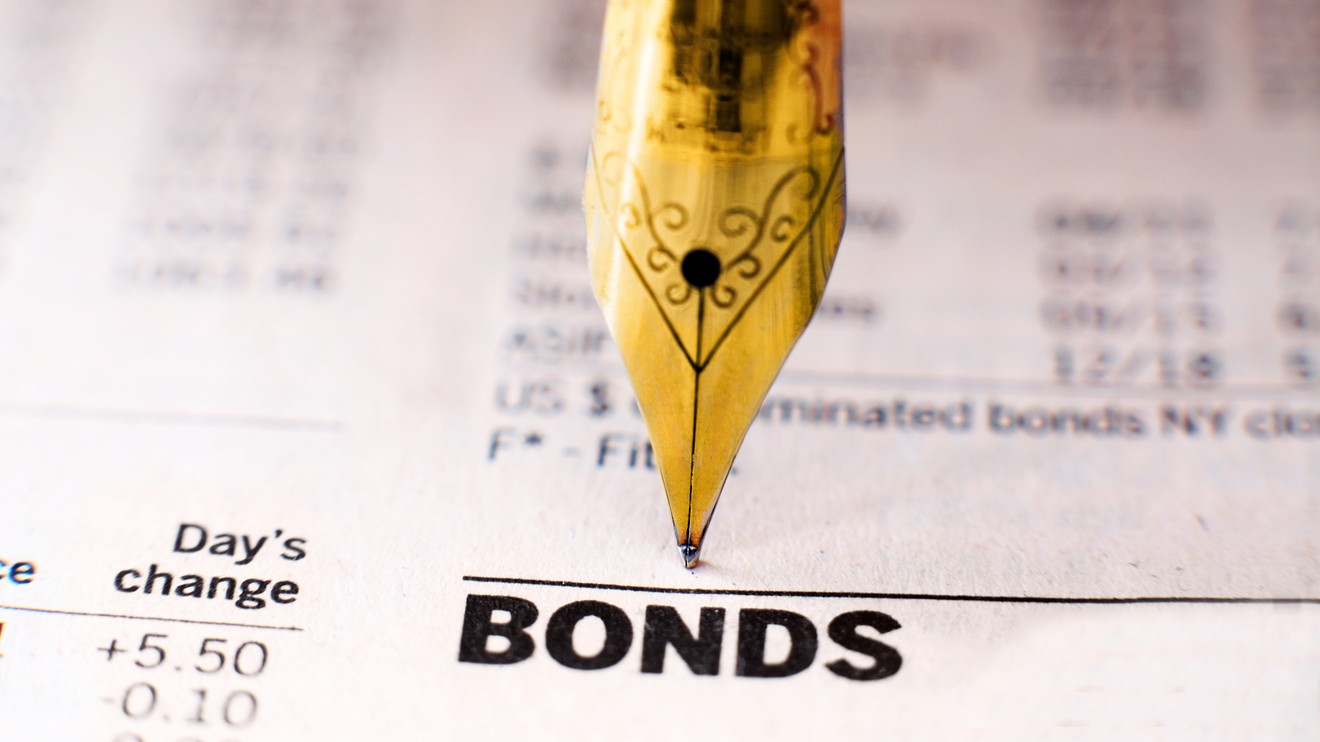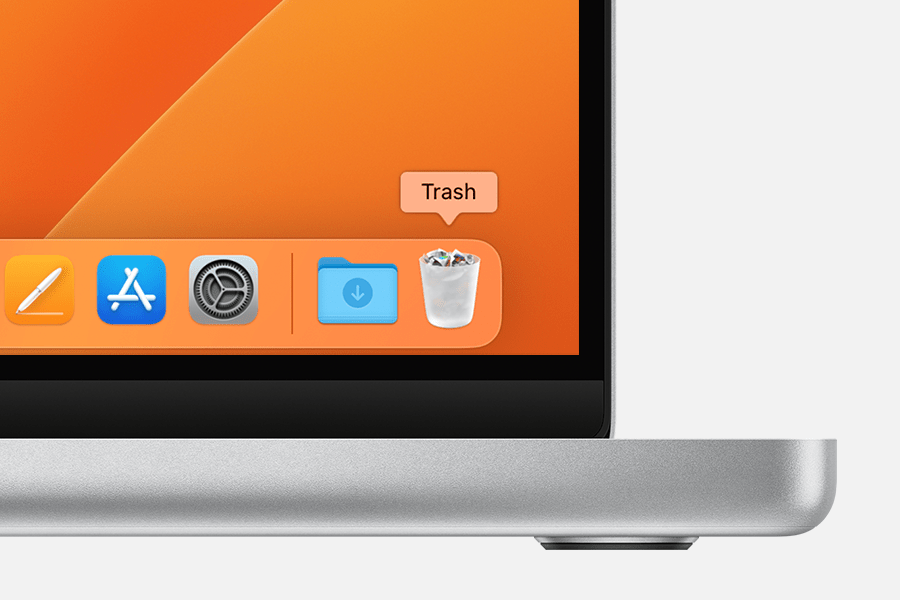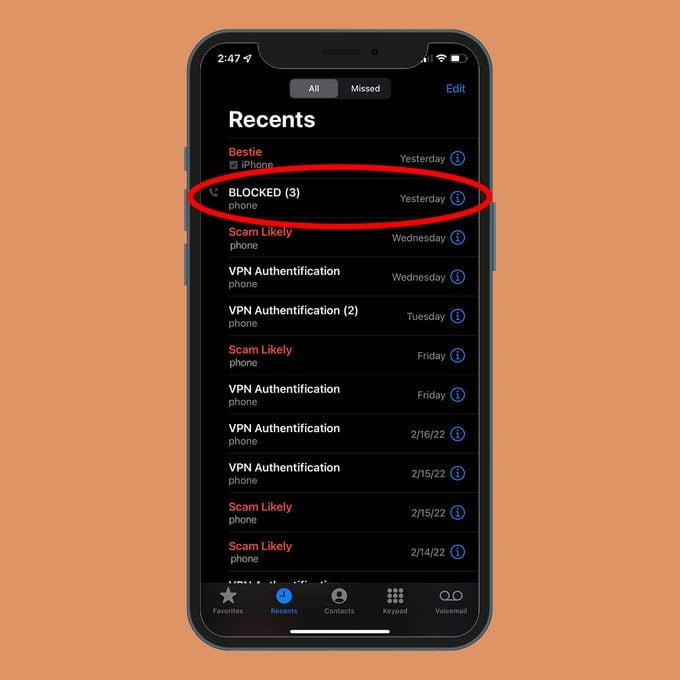How to boil eggs, corn on the cob
How to Boil Eggs Perfectly Every Time
What makes an ideal boiled egg? The yolks are cooked but still creamy, and the whites are firm but not rubbery. We’ll go over a foolproof method for boiling eggs on the stovetop, as well as how long to boil them for to get the desired degree of doneness in the yolks. Continue reading, and we’ll demonstrate two more methods for cooking eggs in their shells: in the oven and in a pressure cooker or Instant Pot.
See more in x2coupons.com
How to Boil Eggs on the Stovetop
Two inquiries regarding eggs are frequently asked:
- Which came first, the egg or the chicken?
- When boiling eggs, do you begin with cold water or with boiling water?
We suggest a 4-step process that begins with cold water. Why? The eggs won’t be overcooked because of this. Never again will you have to cope with overcooked, dry, chalky eggs with strangely greenish yolks. I just have a wonderful texture and gorgeous, bright yellow yolks to offer you! You’ll want to eat them with only a dash of salt since they are so wonderful.
Three Steps to Perfect Hard-Boiled or Soft-Boiled Eggs:
1. Fill a kettle or saucepan with cold water and add the eggs.
Water comes after the eggs. Why? The eggs can shatter if you add them later and they will fall to the bottom of the pan. Learning this the hard way is not fun.
2. Heat water in a pan over high heat until it is boiling. Turn off the heat and cover the pan.
How long does boiling an egg take? Actually, you only want the water to briefly reach a boil before stopping. Long-term exposure to intense heat causes eggs to undergo a chemical process that causes the yolks to turn green. Therefore, the answer to the question “How long do you cook hard boiled eggs?” is almost nothing. Some people prefer the phrase “hard-cooked” eggs over “hard-boiled” eggs because the eggs are cooked in water that isn’t actually boiling.
3. Quickly drain the eggs and place them in a basin with water and ice cubes.
Why is the water ice cold? The eggs are cooled, and the green yolk issue is avoided. You want cold water with lots of ice cubes floating in it (chilled water isn’t cold enough for this). For the eggs to peel as easily as possible, break them slightly before putting them in the ice water and letting them sit for an hour.
How Long to Boil Eggs
:max_bytes(150000):strip_icc():format(webp)/boiled-eggs-different-cook-times-photo-by-13-smile-gettyimages-910219308-2000-44fe733670eb4977983365a8d18728dd.jpg)
Depending on how firm or set you want the yolks to be, leave the eggs standing in the hot water for 4 to 12 minutes.
Why this historical period? For soft boiled eggs, allow less time in the hot water, and for hard boiled eggs, allow more time. The longer the eggs lie in the hot water, the more cooked the yolk will be. Follow these time recommendations for big eggs:
| Boiling Time | Egg Yolks | Egg Whites |
| 2-4 minutes | Soft, runny | Soft, runny |
| 6-8 minutes | Soft but set | Firm |
| 10-15 minutes | Fully set | Fully set |
Extra-large or jumbo eggs will require more time than smaller eggs.
How to Hard Cook Eggs in the Oven
This approach is a little out of the ordinary. Since there is no water needed, this process is technically more like hard baking than hard boiling. But bear with us for now. Eggs that are “hard-boiled” in an oven are merely heated eggs in a hot, dry environment. It’s a wise decision if you frequently make eggs or if stovetop space is limited. Use a muffin pan to prevent the eggs from rolling about while baking.
How to Store Hard Boiled Eggs
Hard boiled eggs can be kept in their shells for up to a week in the refrigerator. The shell will aid in limiting the cooked white’s ability to absorb refrigerator odors.
Hard boiled eggs that have previously been peeled can be kept for up to a week in an airtight container with a damp paper towel. Every day, change the damp towel.
How Long Do Hard Boiled Eggs Last in the Fridge?
Hard boiled eggs can be kept for a week to seven days if they are properly stored in the refrigerator. Keep your boiled eggs in their shells until you’re ready to eat them for optimal results.
How to Make the Perfect Hard Boiled Egg
Due to their wide range of applications, hard boiled eggs are an excellent item to keep on hand. In addition to being fantastic on their own, they also work well in salads, sandwiches, and as the base for all devilled eggs. It’s important to avoid overcooking hard boiled eggs because doing so can result in a grey ring around the yolk and somewhat rubbery feel.
Ingredients
A pot with a lid
Eggs
Water
Instructions
Step 1
In the bottom of the pot, arrange your eggs in a single layer. Fill the space with cold water. The water level should be a half-inch or so above the eggs. Put a lid on the pot.
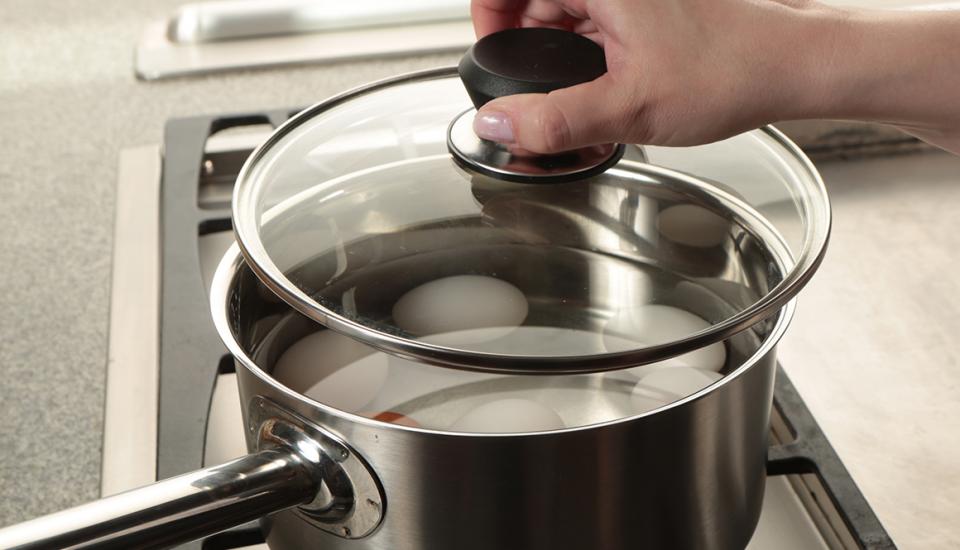
Step 2
Bring your eggs to a rolling boil over high heat.
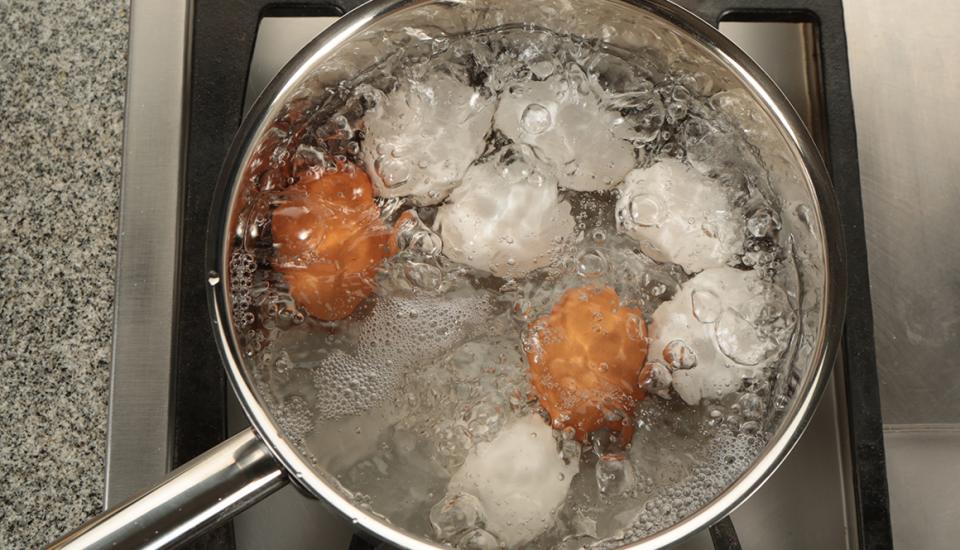
Step 3
For large eggs, turn off the heat and let the eggs stand in water for 10 to 12 minutes. For smaller eggs, shorten the standing period; for extra-large eggs, lengthen it.
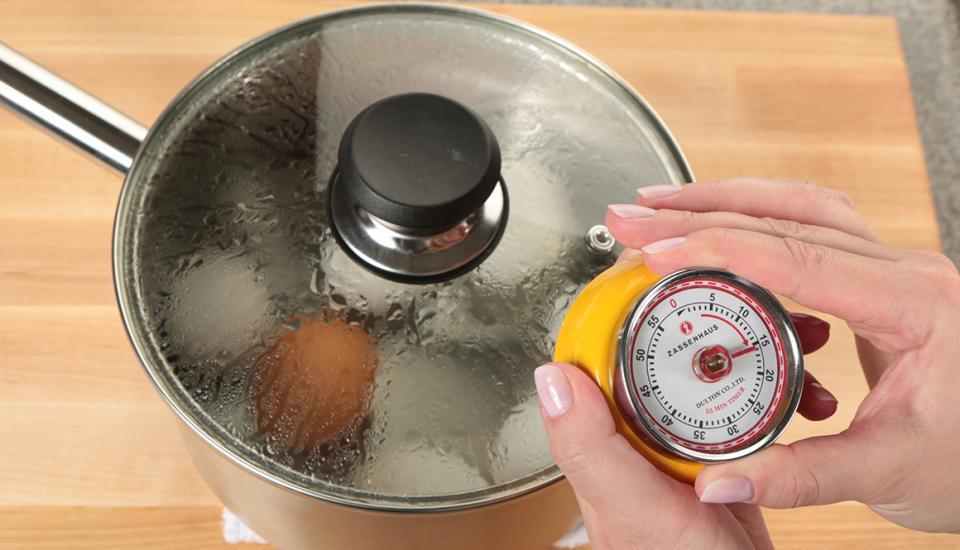
Step 4
Drain the water, then quickly pour cold water over the eggs to cool them. A green ring around the yolks is less likely to appear with rapid cooling.
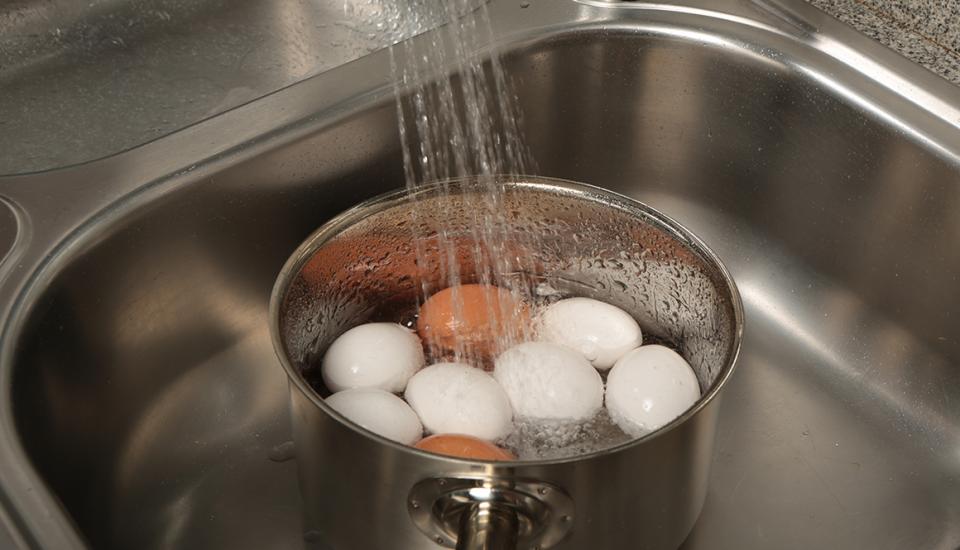
Tips
- Use eggs that have been in the refrigerator the longest for the simplest peeling. The egg peels more easily the older it is.
- A hard cooked egg’s shell can be peeled by first crackling it all over with a hard surface and then rolling it between your palms to release it. Peeling should start at the big end. To aid in shell removal, hold the egg under cold running water or submerge it in a bowl of water.
- The fridge will store hard-boiled eggs for a week if they are kept with the shell on and in a sealed container.
- Spin the egg to see if it is raw or hard boiled. It is hard cooked if it rotates continuously and evenly. If
How to boil corn on the cob
How to boil corn on the cob. Everything you need to know about corn, even down to how long to cook corn on the cob, is answered here.
In the hot summer months, when sweet corn is at its best, nothing compares. It’s a delightful addition to any summer fare whether you eat it straight off the cob with a shmear of butter or put it into crunchy salads and creamy soups. But how should fresh corn that is still on the cob be boiled? Here is a straightforward how-to so you can consistently enjoy nicely cooked corn.
Find out how to boil a corn cob! The BEST summer side dish is sweet, juicy, and golden. Add some butter, salt, and pepper, and devour!
How to Buy Perfect Corn on the Cob
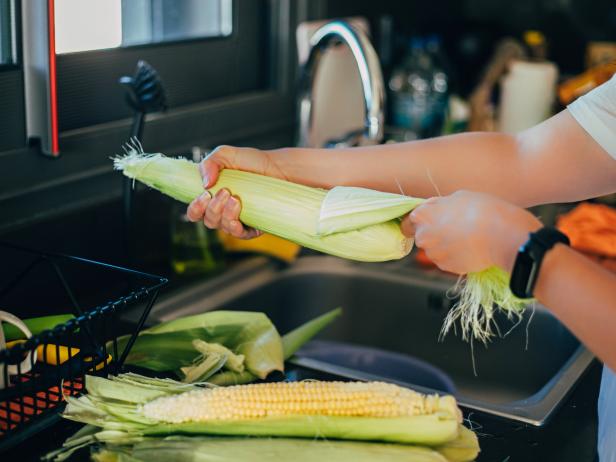
While buying corn that has already been shucked and shrink-wrapped may be alluring, it is preferable to purchase corn that is still in its husks, which guard the kernels and keep them from drying out and losing flavor.
To check the contents of the kernels without first removing the husks might spoil the corn for other customers. Instead, keep an eye out for a few telltale signs that the corn is high-quality and fresh. The husks should be vivid green and tightly encircle the kernels; they should never feel papery or dry. You’ll notice little strings or silks at the top of the cob; these should also be wet and malleable.
How to Shuck Corn
You must first clean your corn before boiling it. By firmly holding the feathered ends and tugging downward toward the stem-end, you can peel off the husks. To get rid of any residual silks and cut off any protruding stems, rub your fingertips around the corn. That was simple after all. You are now prepared to boil!
How to Boil Corn On the Cob
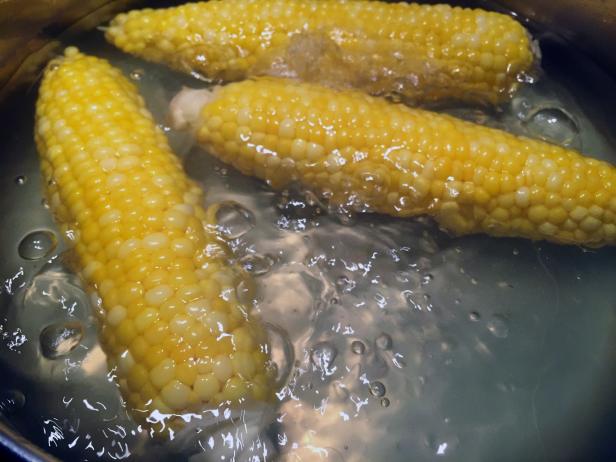
1. Bring a big saucepan of salty water to a boil.
Approximately half of a large pot should be filled with water before it is brought to a boil over high heat. Salt the water liberally once it has reached a boil (it should taste like the ocean). This is crucial because it will season the maize and enhance its inherent sweetness.
2. If you like, flavor the water further.
You can season the water with a variety of aromatics if you want to give it a flavor boost. Try adding a few halved lemons and a few dashes of Old Bay seafood flavor in addition to salt. White wine, bay leaves, and crushed garlic cloves are yet another choice.
3. Pour the boiling water over the corn.
With tongs, carefully lower the corn into the salted, boiling water, being careful not to crowd the pot. It’s ideal to just boil around 4 cobs at once so that they have enough room to fully submerge in the water and cook uniformly.
4. How long should corn be boiled?
Boil the corn for 4 to 5 minutes, or until the kernels are bright yellow and crisp-tender. With tongs, carefully remove from the water to a serving tray, then warmly serve. Check read our article A Precise Guide to How Long You Should Boil Corn for more information on how long to boil different types of corn.
5. Season the corn with salt and butter.
For a straightforward side dish where the corn really shines, brush the boiling corn with butter and sprinkle with a little salt and pepper. The corn may also be brushed with a handmade, spiced butter. For ideas, have a look at this corn on the cob with basil butter or this corn with scallions and lime butter.













